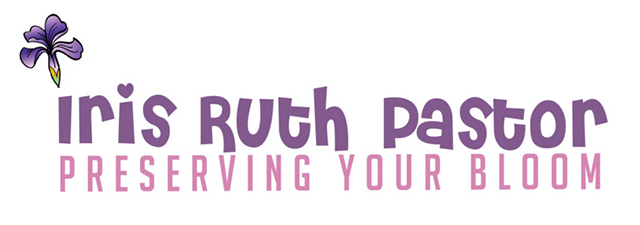As Headlines Scream of Mayhem, Terror and Chaos, What Should We Do? Foremost, we should take care of ourselves.
Because, as bystanders, what does a constant stream of gut-wrenching acts of atrocity do to us physically? Or more specifically, what’s the impact on that vital organ – our hearts?

As the days of the Israel-Hamas War wear on, I think of ways I can be of some use. Clearly, as a 76 year-old grandmother with a temperamental knee, I choose to help through words rather than action.
Hence: here are some words of wisdom from a heart specialist on how to take care of our physical heart – in a world where terrorists have struck innocent citizens leading to worldwide unrest.

Dr. Daniela Crousillat at the USF Health Department of Cardiology states, “We are all too familiar with stress, but we owe it to ourselves to manage our stress to keep ourselves and our hearts healthy. Chronic stress and anxiety have been linked to increased risk of heart disease. Even when stressful situations seem outside of our control, here are a few ways to uncoil and keep our minds and hearts healthy:
- Find time to unwind and take breaks from watching, listening, or reading troubling news stories
- Connect with your local community or faith-based organizations, and get involved in ways to give back
- Find support in friends and family
- Getting enough sleep, eating a balanced diet, and exercising are much easier said than done, particularly in times of high tress. Give yourself the space and time to manage each new stressor in your own way – including time for acceptance and vulnerability
Think heart disease can’t happen to you? Think again. Here are a few case studies from Dr. Crousillat:
Anna: A 60 year-old woman, wife, entrepreneur, and mother of two children, 24 and 26 years old, who developed nausea, vomiting, and discomfort in her chest during a typical morning workout. She called her husband, who promptly took her to the nearest emergency room, where she was diagnosed with a complete blockage of her right coronary artery requiring emergent placement of two stents.
Andrea: A 28-year-old single mother, with a recent pregnancy complicated by pregnancy-associated high blood pressure, developed sudden onset chest discomfort radiating to her jaw. This occurred while breastfeeding her 2-week-old daughter in the middle of the night. The pain would not abate after anti-acids and a hot bath so she presented to the emergency room. She was diagnosed with spontaneous coronary artery dissection, a type of heart attack that affects mostly young women.
Olivia: A 45-year-old woman, full-time lawyer and traveling enthusiast developed progressive shortness of breath with daily physical activities and noticeable swelling of her ankles. She consulted with her primary care physician who ordered an ultrasound of the heart (echocardiogram). This test showed her heart muscle was fatigued and pump function reduced. She was diagnosed with congestive heart failure. She had two maternal aunts and a sister with congestive heart failure in their 50s.
The following are some misconceptions worth knowing:
- Heart disease is a disease of old men only! Truth: Heart disease is the leading cause of death for women and supersedes breast cancer as cause of death.
- Women have atypical symptoms of heart attack. Truth: Most women still primarily present with chest pain (just like men), pressure, or discomfort, but additionally are more likely than men to have other symptoms including nausea, indigestion, shortness of breath, and fatigue.
- Pregnancy complications such as pregnancy associated high blood pressure or diabetes do not pose women at risk for long term heart problems. Truth: Pregnancy complications such as high blood pressure during pregnancy are linked to increased risk of coronary artery disease, heart failure, and heart disease.
What does Dr.Crousillat recommend?
- Recognize heart disease as the leading cause of death among all women.
- Know the symptoms of heart disease.
- Know your family history and that it could have an important impact on yours too.
- Tell your primary provider about your reproductive health, which has important implications for your long-term heart health.

Let’s take care of ourselves and each other.
Dr. Crousillat has been nominated by the American Heart Association as a 2023 Leader of Impact for Tampa Bay. She is dedicating her campaign to the over 1000 women lost every year to heart disease complications related to pregnancy. Funds will help to support local programs in the highest risk communities in Tampa Bay. If you would like to donate, here is the QR code:

Keep Preserving Your Bloom,
